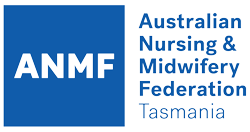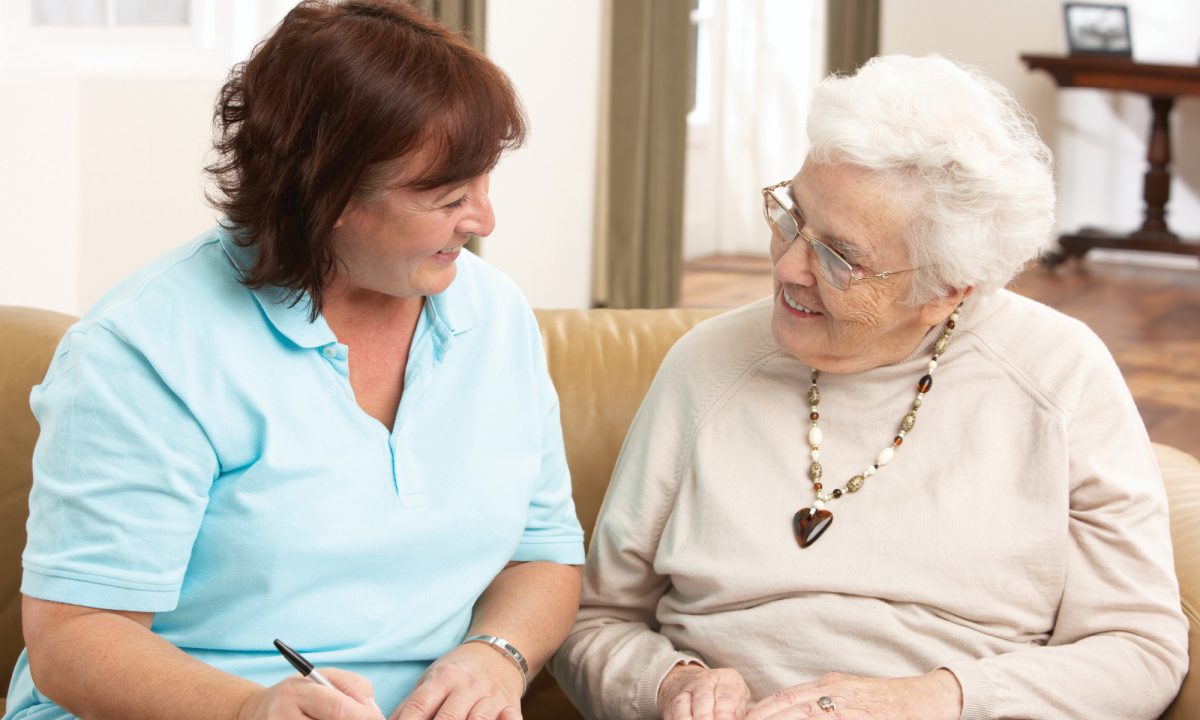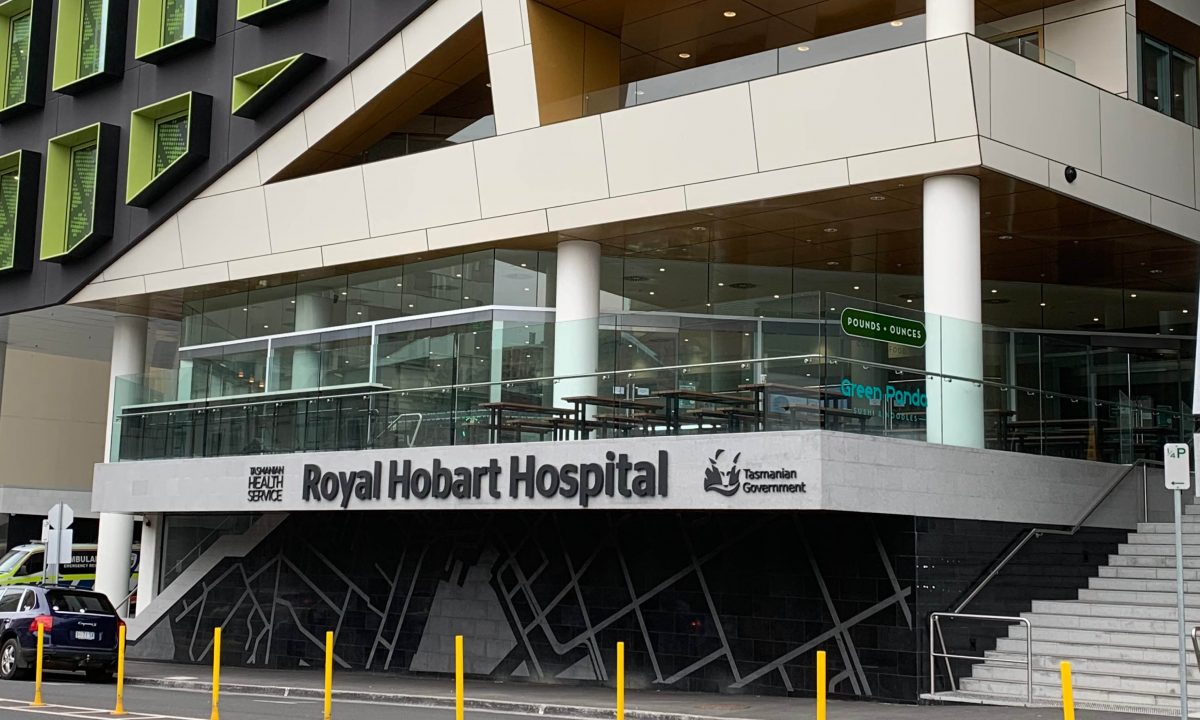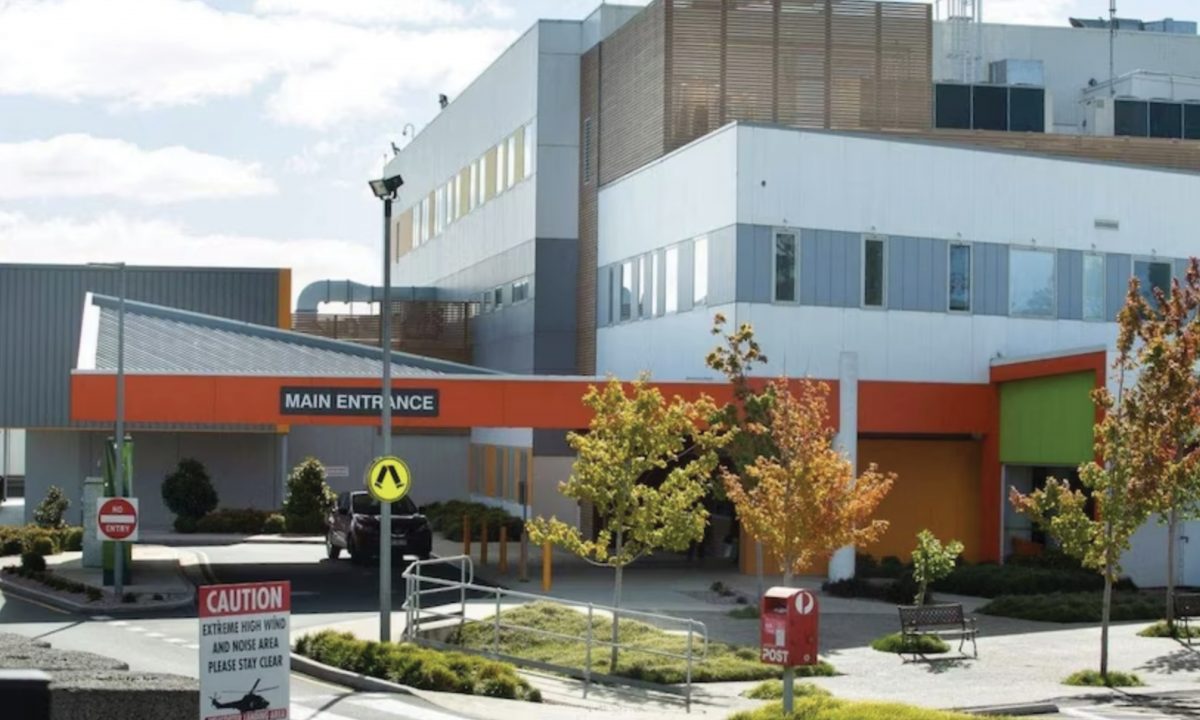FAQs: Mandatory Reporting
AHPRA
What is mandatory to report?
Under the National Law, registered health practitioners are required to make a mandatory notification if they form a reasonable belief that a practitioner:
- is practising with an impairment (either health or intoxication) which is placing the public at substantial risk of harm;
- is practising in a way that is a significant departure from professional standards which is placing the public at substantial risk of harm;
- has engaged in or are engaging in sexual misconduct connected to their practice.
In such circumstances you must make a notification.
Do I need proof?
No, a notifier must form a reasonable belief that the incident or behavior that led to a concern actually occurred and that a risk to the public exists. A reasonable belief usually requires direct knowledge of the concern and should be based upon what you have experienced or observed. This is different to speculation, but it also does not place a burden of proof on the notifier. Generally, the person with the most direct knowledge should be the one making a notification.
But my employer says our Manager is a ‘protected person’ to make a notification. What happens to me if I make one?
Some employers actively encourage staff to report their concerns to higher management, under a notion that they have special protection under the National Law. However, Section 237 of the National Law provides protection from civil, criminal and administrative liability, including defamation, for people making notifications in good faith. If your notification is made without malice and with good intentions based upon your reasonable belief, you will be protected under the National Law.
How do I make a notification?
If you find yourself in a situation where you feel you need to report someone to AHPRA, please contact our Member Support Team for assistance. We also recommend you familiarise yourself with the process and requirements here.
Aged Care
As an aged care worker, you may be the first person to suspect or become aware that a resident has possibly been assaulted, or that a resident is absent without explanation (also known as a missing resident). Under Section 63‑1AA of the Aged Care Act 1997, any staff who believe a reportable assault has occurred is to report the suspicion as soon as reasonably practicable to one or more of the following:
- the approved provider;
- one of the approved provider’s key personnel;
- another person authorised by the approved provider to receive reports of suspected reportable assaults;
- a police officer with responsibility relating to an area including the place where the assault is suspected to have occurred;
- the Quality and Safety Commissioner.
How do I know which of these to tell?
When you first have a suspicion of a possible reportable assault or become aware of an allegation of a reportable assault, you should report it immediately to the most senior member of staff on duty. Within 24 hours, your service must report the incident to local police and the Commission by completing and submitting the reportable assault webform.
What is a reportable assault?
A reportable assault is:
- unreasonable use of force on a resident, ranging from deliberate and violent physical attacks on residents to the use of unwarranted physical force, or
- unlawful sexual contact, meaning any sexual contact with a resident without consent.
Will I risk retribution against me?
Section 96–8 of the Aged Care Act 1997 establishes a range of protections for staff and approved providers who report alleged or suspected assaults. Specifically, the Act states that a disclosure of information by a person qualifies for protection if the:
- person is an approved provider of residential aged care or a staff member of such an approved provider
- disclosure is made to one or all of the following:
- a police officer
- the Commission
- the approved provider
- one of the approved provider’s key personnel
- another person authorised by the approved provider to receive such reports
- person making the disclosure informs the person to whom the disclosure is made of their name before making the disclosure
- person making the disclosure has reasonable grounds to suspect that the information indicates that a reportable assault has occurred
- person making the disclosure does so in good faith.
Children
Under the Children, Young Persons and Their Families Act 1997 (Tas) prescribed persons (i.e. health practitioners, police officers, teachers, etc.) are required to notify a law enforcement agency if they suspect a child has been or is being abused or neglected.
Who do I contact?
- If you have concerns for the safety or welfare of a child, call the Department of Communities Tasmania Advice and Referral Line on 1800 000 123.
- If a child is at immediate risk and Police or medical assistance is required, dial 000.
What do I report?
As a mandatory reporter you need to contact the Advice and Referral Line or Police as soon as possible if you know, believe or suspect that an unborn baby, child or young person:
- is being abused or neglected or is an affected child within the meaning of the Family Violence Act 2004; or
- may be killed, abused or neglected by a person who they live with; or
- if the baby isn’t born yet, that he or she may need medical treatment or other intervention as a result of behaviour by the pregnant woman or another person.
Do I need proof?
No, if you’re worried about a child’s safety or wellbeing, call the Advice and Referral Line. You might be worried because:
- a child has told you something;
- another person has told you something;
- you’ve personally observed things; or
- you’ve come across information that makes you think a child might be unsafe.
What about the Working With Children Check?
The Registration to Work with Vulnerable People Act 2013 and Registration to Work with Vulnerable People Regulations 2014 are in place to perform a background checking and risk assessment process for people working with children (it has not yet fully expanded to include all vulnerable people).
The Act aims to:
- Deter people from applying to work with children where they have criminal histories that could indicate they pose a risk of harm to vulnerable people
- Prevent those with such criminal records who do apply from gaining positions of trust when working with vulnerable people
- Establish consistent standards for background screening for working with vulnerable people and the ethical use of such information
Whilst the focus is on a person’s background, any new information that should be risk assessed in order to revoke a person’s registration is Reportable Behaviour. Regulation 5A requires that ‘for the purposes of Part 7A of the Act, reportable behaviour is behaviour that poses a risk of harm to vulnerable persons, whether by reason of neglect, abuse or other conduct’.
How do I know what to look for?
Useful information regarding potential signs to look for can be found at:
- https://www.education.vic.gov.au/school/teachers/health/childprotection/Pages/expolitationgrooming.aspx#link24
- https://www.qld.gov.au/community/getting-support-health-social-issue/support-victims-abuse/child-abuse/recognise-child-abuse or
- https://aifs.gov.au/cfca/publications/what-child-abuse-and-neglect
Disabilities
The NDIS Quality and Safeguards Commission requires the following incidents (including allegations) arising in the context of NDIS supports or services must be reported to the NDIS Commission:
- the death of an NDIS participant
- serious injury of an NDIS participant
- abuse or neglect of an NDIS participant
- unlawful sexual or physical contact with, or assault of, an NDIS participant
- sexual misconduct committed against, or in the presence of, an NDIS participant, including grooming of the NDIS participant for sexual activity
- the unauthorised use of a restrictive practice in relation to an NDIS participant
Any concerns regarding these can be reported to them via 1800035544 or via the portal on their website here.
Updates correct as at 29 October 2020.
Authorised by Emily Shepherd, ANMF Tasmanian Branch Secretary
More latests news



